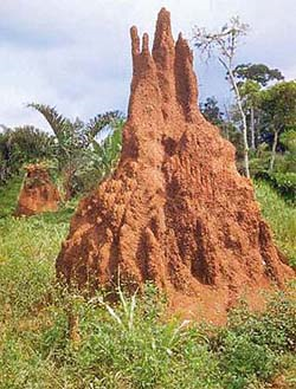|
Consciousness, the most personal of all mysteries, where we have our being: how it came to be is fascinating to explore. I expect science to arrive at a sound understanding of its origin; meanwhile, we are all in the conversation.
Human consciousness seems to have begun some 200,000 years ago. I don’t know about you, but that seems astonishingly recent to me. I can easily imagine a hundred years ago, perhaps a few hundred more, maybe even a thousand years. I can’t imagine living conditions 200,000 years back, but the time-span is graspable and for there to be have been such a before and after at that point is simply extraordinary. Every other form of life that we know of has evolved from the simple to the complex, so one would expect the development of consciousness to have a physiological history likewise. I am drawn to the image of neurological activity reaching a critical mass, whereupon a slow explosion happens. A multitude of breakthroughs: and the light goes on. It is clearly an ongoing process. We are still evolving. We are only part way along the path and process of awakening. We have just to not commit collective suicide to give human beings perhaps thousands of years from now the chance to exist and have moved on from our conflictiveness. Until we learn how to manage it, thought in particular remains a double-edged sword. Its objective distancing gives us an overwhelming ability to manipulate our environment and advantage over other creatures, but in doing so sets us apart from them, from each other, and from our own selves. In 2008, the magazine I was working for in Buenos Aires invited me to contribute an article on the subject of consciousness. I came up with a very speculative piece called “Social Life” that considers how the very simple can give rise to the interestingly complex, such as the termite mound in the image for this post. You can find it as a “hidden” page on this site here: http://www.guysimpson.com/social-life.html
0 Comments
Leave a Reply. |
Blogging good books
Archives
July 2024
Categories |

 RSS Feed
RSS Feed
